ChatGPT is at the top of technology debates these days–and for a good reason. The latest ChatGPT model has a huge potential to affect every industry on the globe, with AI powering up the future for most of these industries. The vast field of business translation is no exception when it comes to advanced AI tools testing.
Launched by OpenAI in November 2022, ChatGPT has quickly become a viral phenomenon and the talk of the town. Its implications for different industries are being explored and scrutinized. Moreover, tools such as ChatGPT3 online are changing the way many industries operate, including the translation and localization industry.
However, the true implications of the ChatGPT software are still unclear. The translation industry may be rapidly advancing, but will it benefit from ChatGPT? Before we look at a few of the implications that ChatGPT poses for the business translation industry, let us shed light on what ChatGPT really is.
ChatGPT, short for Chat Generative Pre-trainer Transformer is basically an advanced chatbot that relies on advanced AI technology to produce detailed answers to complex questions.
The explosion of ChatGPT3 online in all industries is noteworthy. The basic function of the ChatGPT tool is to mimic human conversation, and it has wide uses for various industries. Moreover, it has been quickly adapted by businesses and individuals who use it to write essays, debug programs and compose narrations and poetry.
Just like other industries, ChatGPT is slowly making its way into the language and translation sector. This AI software has the ability to translate the content within seconds and has a capacity that is far superior to machine translation software.
But does that mean that ChatGPT will also be beneficial for the business translation industry? Let us find out.
The language model of ChatGPT has the potential to significantly impact the translation and localization industry. With an ability to understand and generate text in multiple languages, ChatGPT automates the translation process, making it faster and more accurate.
As businesses seek to expand into new markets for growth, the ChatGPT tool can help businesses to achieve this goal. This can be done easily as individuals who speak different languages can communicate with each other. In addition, the ability of ChatGPT to generate human-like text can also be useful in creating localized content for different cultures and regions. However, there are still some challenges to deal with in the role that ChatGPT plays in the business translation industry, such as the handling of idiomatic expressions, cultural references, and subtle nuances which are hard to be captured by machine models.
ChatGPT is an advanced tool that is a type of Natural Language Processing (NLP) technology that uses machine learning algorithms to generate human-like text. In the translation field, this technology can potentially be used to create real-time, optimal quality translations of spoken or written text.
Here are a few advantages of using ChatGPT in business translations:
Speed is the top benefit of ChatGPT technology. A human translation can take hours or even days to complete, depending on the length and complexity of the translation project. In contrast, a ChatGPT translation occurs in a matter of a few seconds–even if it involves translations of entire websites or books.
The business industry follows tight project deadlines and schedules. With the aid of ChatGPT, customers can get their content translated quickly, which is quite helpful for time-sensitive businesses. Moreover, it will also help in business launches for firms seeking previously unexplored markets.
Thanks to ChatGPT technology, translations will be more accessible. This is mainly owing to marked improvements in the affordability of localization companies and language translation services. As the translation speeds up considerably due to ChatGPT, translators spend less time on each project, thus reducing overall costs.
The ChatGPT tool is the most advanced translation tool currently available. This may be the reason why some businesses may opt to skip hiring professional translation agencies and rely on this tool for translation. Moreover, ChatGPT is also free and open to everyone. Consequently, businesses that are on a tight budget can get a human-like translation for free using the ChatGPT3 online technology.
ChatGPT is a general-purpose online language model that is not only designed for machine translation. It also serves a wide range of language-related tasks like answering questions, summarizing text, writing creative content, etc. Furthermore, this model is trained on a huge amount of data, which allows it to have a deep understanding of language. Other than generating human-like text, ChatGPT comes in handy for various complex tasks, such as language generation, language dialogue management, and language comprehension. In the case of business translation, ChatGPT holds the potential to generate quick translations of advertisements, business plans, and proposals without compromising on quality.
If you are a professional translation company, you may know the importance of delivering accurate business document translation. It is important to remember that such a translation may not be accurate every time. This may be due to errors by the human translator. Thankfully, ChatGPT operates in a transparent way to ensure your translations are as professional and accurate as possible.
However, there are certain drawbacks to using ChatGPT for translation. These are:
Although the developers of ChatGPT claim that this technology can be particularly useful in industries where accuracy and precision are critical elements, there is still doubt about its efficacy.
Industries that are highly regulated, such as the medicine and law industry uses complex terminology and content. They must also adhere to strict formatting guidelines. As the guidelines can vary globally, it can cause changes in the entire layout of the content. As a result, the content often needs extensive adaptation to suit foreign audiences and markets.
This is the reason why translations of highly regulated industries are challenging to get right. ChatGPT may be a powerful AI tool but it does not have the capacity and knowledge to make all the required adaptations. Additionally, the stakes for these highly regulated industries are high, as any mistake can possibly have legal and financial repercussions. Perhaps this is why it is suitable to trust professional translators for these industries instead of relying on the ChatGPT tool.
Data and privacy concerns are at top of the list of businesses across the world. Unfortunately, the ChatGPT translations may be subject to these data and privacy risks. ChatGPT3 online is an open-source chatbot and its code is easy to access and modify by anyone who knows how. This poses a significant security risk to anyone who uses this software.
Another problem that ChatGPT translation poses is hacking. Hackers can edit the code and use it to carry out cyberattacks on users. They can also use it to spread malware attacks onto your devices; this could lead to breaches of confidential business and client information. Consequently, it can put your data at risk, but a privacy breach of a customer can cost you your business reputation.
On the other hand, using business interpreting or translation services does not lead to any privacy concerns. Since every translation agency has its own privacy rules, there is little concern about privacy breaches. Additionally, every translation agency has its own privacy rules. They are also prohibited to sell or share any customer data, ensuring translations are secure and confidential.
Although the skills and proficiency of human translators outweigh the work of ChatGPT, this technology can still give accurate translations. When combined with the work of human translators, ChatGPT has the potential to deliver remarkable results.
In order to use ChatGPT3 online for the translation industry, here are some guidelines that businesses can follow:
Producing an initial translation in order to give professional translators a head start. Professional linguists can then adapt and edit the AI-produced version to produce accurate translations quickly.
Producing shorter as well as longer versions of the same content. Translators can put these translations into software and set specific character counts as well as word limits. This can come in handy in terms of formatting and editing.
Producing translations for endangered language pairs where professional translations are not available. However, the accuracy of these translations may be questionable, as it will be difficult to ascertain the sources to which ChatGPT has access.
ChatGPT is an online tool that has wide uses in terms of delivering accurate and efficient results. While it can have huge benefits for certain industries such as technology, its efficacy may be questionable for the translation industry. Although speedy translations are easier to obtain with the help of ChatGPT, these translations may lack context. Nevertheless, with the combination of both human translation and ChatGPT, it can be ensured that the translations are accurate and professional.
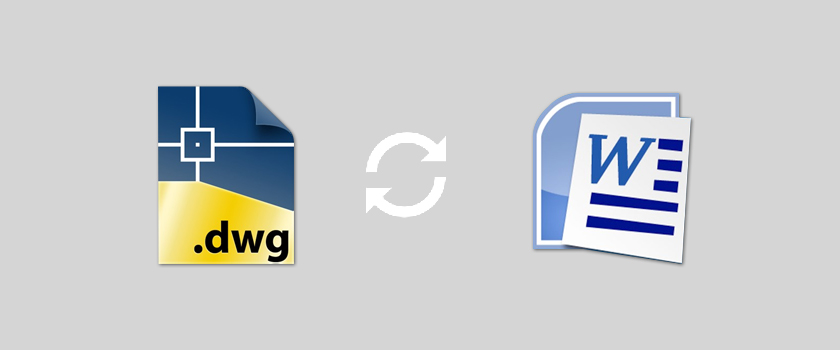
dwg: It means a drawing file save format created by AutoCAD, and now has been the standard format of 2D
Read More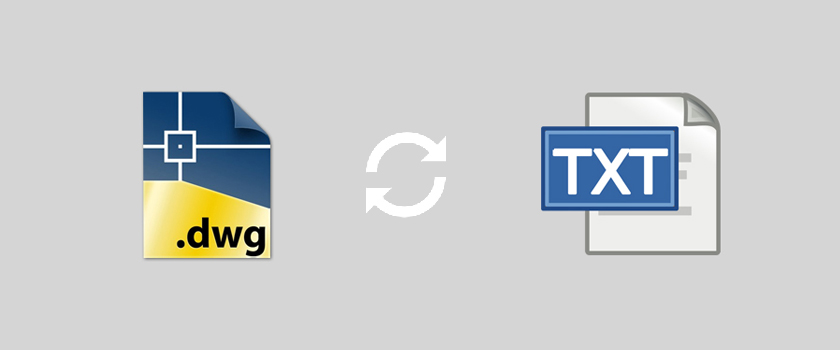
dwg: It means a drawing file save format created by AutoCAD, and now has been the standard format of 2D
Read More
Mars Translation can help you extract the texts in a DWG file and convert them into a Word file so
Read More
dwg: It means a drawing file save format created by AutoCAD, and now has been the standard format of 2D
Read More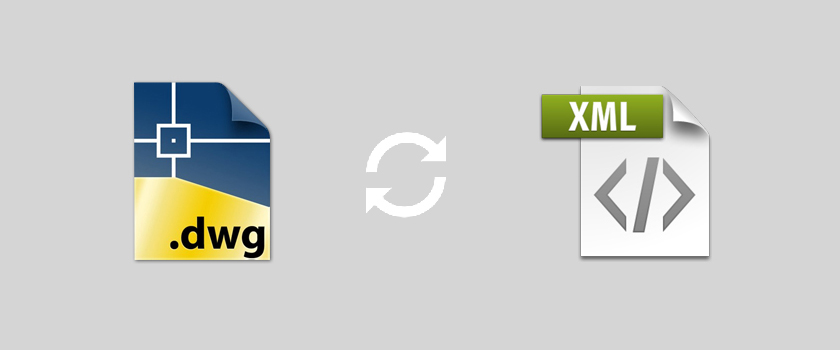
dwg: It means a drawing file save format created by AutoCAD, and now has been the standard format of 2D
Read More
MarsTranslation can help you extract the texts in a DWG file and convert them into a XML file so that
Read More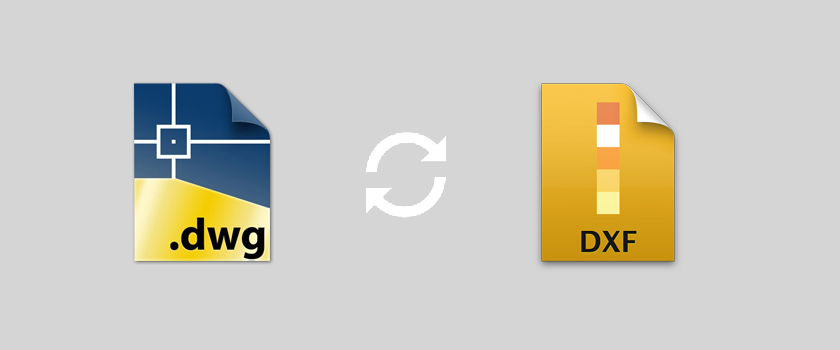
If you are a designer you are bound to find yourself in situations when you have to convert your DWG
Read More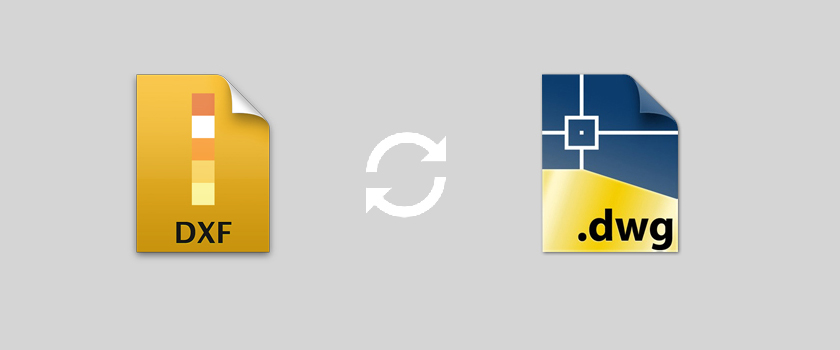
dwg: It means a drawing file save format created by AutoCAD, and now has been the standard format of 2D
Read More
MarsTranslation can help you extract the texts in a DWG file and convert them into a Word file so that
Read More


Document Translation
Professional document translation by native expertsApp Localization
Get more downloads by adapting your app for different target marketsVideo Translation
Multilingual translation and subtitling servicesWebsite Localization
Adapt your website into multiple contexts for global reachSoftware Localization
Adapt your software for global usersGame Localization
Reach new players with localized gameplayMTPE
Refine AI translations for natural fluencyBusiness Translation
Professional translation for business documents and websitesDTP & File Conversion
Professional DTP and File conversion, supporting multiple file formatsProofreading
Perfect your content with expert review© Copyright 2026 MarsTranslation